PARIS — Besting all expectations, France’s leftist coalition pulled off an upset victory over the populist National Rally that quelled, for now, fears of a far-right takeover in a nation with a long history of keeping the far right out of government and at society’s fringes.
For more than half a century, France’s centrist and leftist parties maintained an effective firewall, known as the “cordon sanitaire,” or “Republican front,” against the far right. After the election’s first round, leftist and centrist parties would endorse each other’s candidates or persuade the lesser vote-getter to stand down, essentially pooling their votes and clearing a path to defeat the far-right candidate.
That firewall held in Sunday’s second round of voting, to the surprise of pollsters who predicted a strong National Rally showing and to the relief of leftists and centrists across Europe scouring France’s vote for signs of the political crosscurrents.
In the first round, the National Rally — a populist rebranding of France’s old National Front party — won the most votes and appeared poised to win control of parliament. Then the left joined forces with President Emmanuel Macron’s centrist coalition and hundreds of third-place candidates dropped out. The consolidation relegated the National Rally in the final vote to third place, exit polls show.
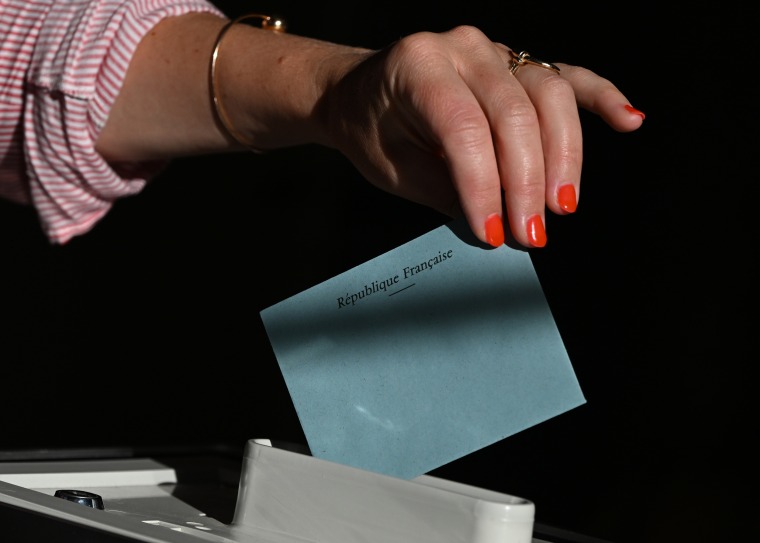
“The French have spoken,” conceded Jordan Bardella, the 28-year-old National Rally leader, who was poised to become France’s next prime minister had his party swept to victory Sunday.
Yet the firewall also showed signs of fractures, illuminating some of the same dynamics that have buoyed right-wing parties elsewhere in Europe: widespread concerns about immigration, frustration over globalization’s economic impacts and a sense that an entrenched political class has left poor and rural voters behind.
“There are big cracks in the wall, because you have a large part of the voters who feel alienated, abandoned, ignored,” said Nicole Bacharan, a historian and political scientist at the Sciences Po university in Paris. “And I don’t think this anger is going to disappear anytime soon.”
The verdict from the voters thrusts France into an unprecedented period of political uncertainty, just before it hosts the Summer Olympics. Macron will remain as president while sharing power with a new prime minister he’ll name from the leftist coalition, while no party will have a majority in parliament, complicating prospects for governing.
At a pavilion nestled inside Paris’ largest park, an election night party for the National Rally kicked off with a sense of victory just within reach: Party members in ballgowns and crisp suits arrived in motorcades thronged by paparazzi.
Yet as the results came in just after 8 p.m., the triumphant mood dissolved, with some candidates dodging reporters as they departed before Bardella had even spoken. Supporters strolled along a parking lot, with French flags rolled up in their hands.
When he did speak, Bardella emphasized his movement’s massive gains despite its third-place showing. With just 88 seats in parliament currently, the National Rally is poised to grow to well over 100 seats, exit polls show, and it could come close to doubling its current representation — numbers that would have been harder to fathom just months ago.
“For several months, a hope has arisen and will never stop blowing,” Bardella said. “Tonight it all begins.”
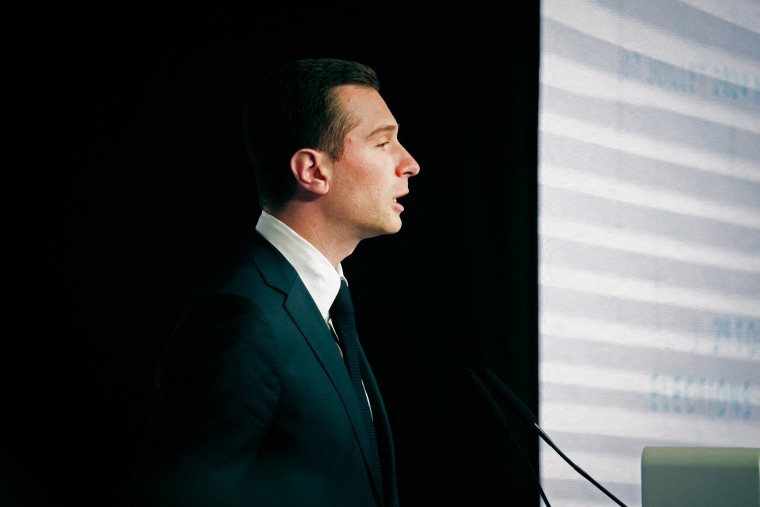
For National Rally supporters and like-minded parties across the continent, there are other reasons to be hopeful that a reordering of traditional politics is underway that will ultimately pull them closer to power in Europe.
Macron called for the snap elections last month after the National Rally’s massive showing in the European Parliament elections. That election also brought big gains for Germany’s hard-right AfD, which shares the National Rally’s skepticism about European Union control, preference of stronger national sovereignty and history of anti-immigrant sentiment by prominent members.
Both the AfD and the National Rally fared better in that vote than the parties in power — Macron’s Renaissance party and German Chancellor Olaf Scholz’s Social Democrats — underscoring the hollowing out of centrist parties evident in Italy, France, Germany and other European countries.
“I don’t think any democrat in any country in Europe can feel reassured by the results in France,” said Bacharan, the political scientist, arguing that the shift by voters away from the center would make it harder to govern. “The far left is very, very radical, unable to build any kind of compromise. So it’s gridlock.”
And in the United Kingdom, although the left-of-center Labour Party overwhelmingly trounced the Conservatives in last week’s election, giving fresh hope to the left, the results cut another way, too: Far-right politician Nigel Farage’s nascent Reform Party captured about 14% of the vote and won seats in Parliament for the first time, cementing its place as part of the governing class.
Across Europe, far-right parties that share an overlapping ideology but exist in different political cultures are working through complex questions about how closely to associate with one another and how to best brand themselves without alienating large parts of the electorates they rely on for support.
The National Rally, renamed in 2018 as part of an effort to shed the stigma associated with former leader Jean-Marie Le Pen’s history of racism, has kept its distance publicly from Germany’s AfD. In Italy, Prime Minister Giorgia Meloni, who was elected on a far-right platform but has sought a more moderate reputation in office, has bristled at comparisons to Marine Le Pen, Jean-Marie Le Pen’s daughter and the National Rally’s leader in parliament.
Yet within the European Parliament, a new effort is underway by far-right parties to join in a coalition that could increase their influence if it were formally recognized by the Parliament. Formed by Hungary’s right-wing prime minister, Viktor Orbán, the new Patriots for Europe bloc already includes Austria’s Freedom Party and the Czech Republic’s ANO party, with far-right parties in the Netherlands and Spain recently announcing plans to join, as well.

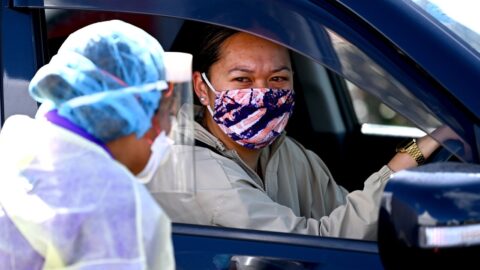

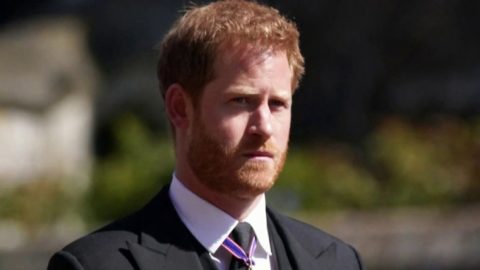
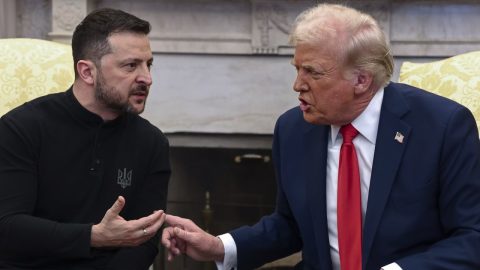
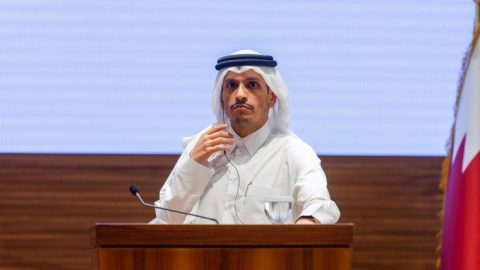
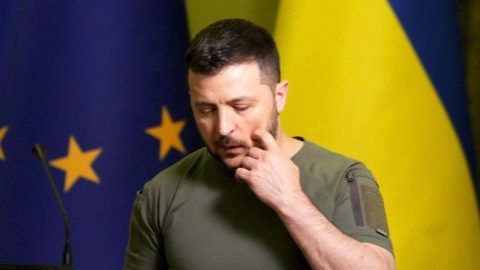

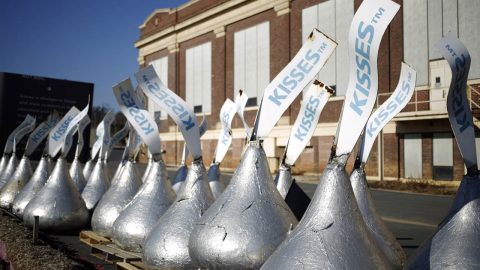
Recent Comments